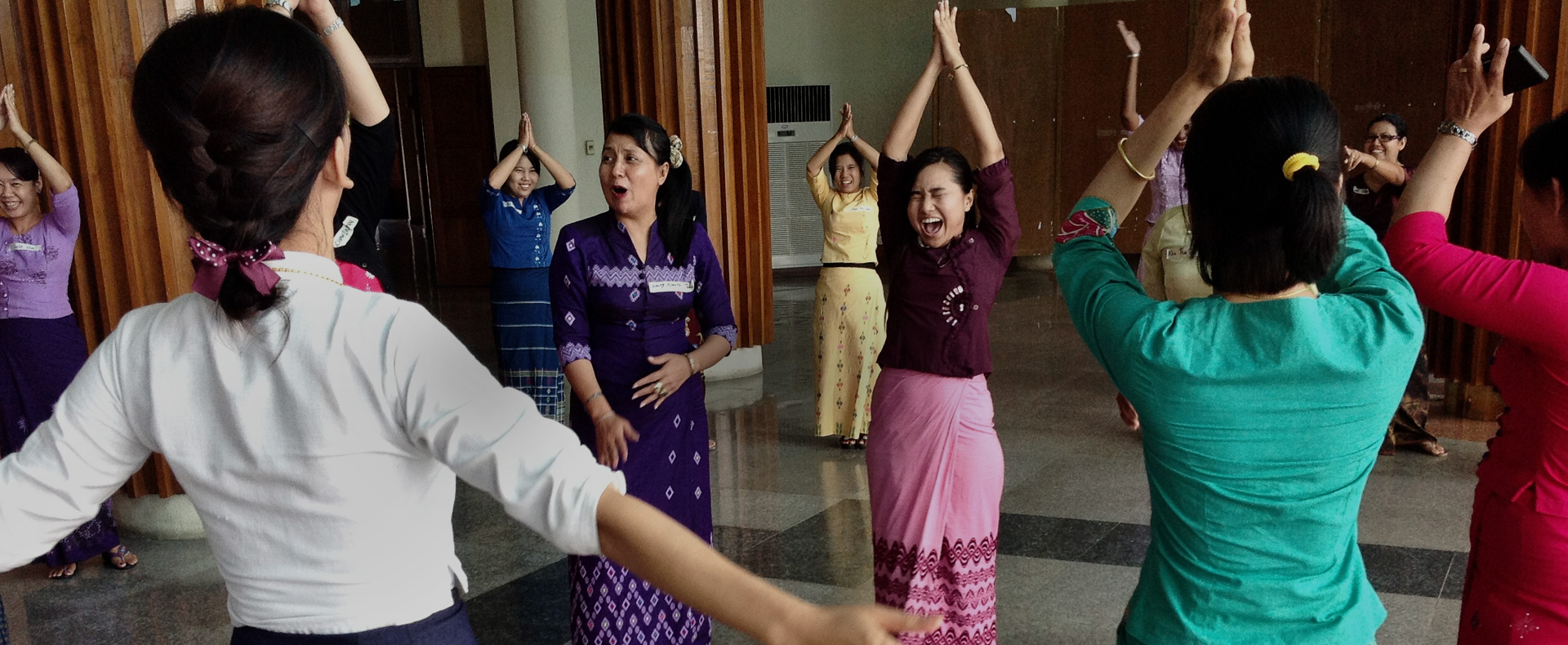Curriculum Development in South East Asia
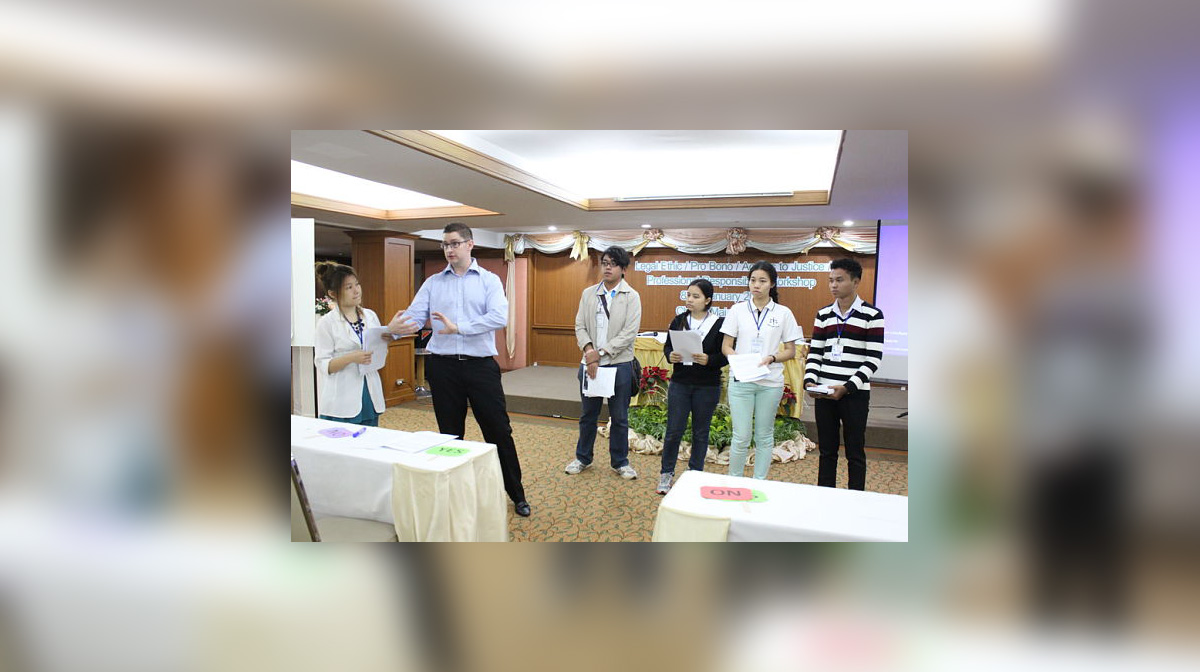
Photo above: Nattakan (Ann) Chomputhong is the Regional Legal Ethics/Pro Bono/Access to Justice/Professional Responsibility Initiative Coordinator and Legal Trainer with BABSEA CLE. We welcome her guest blog post about her experience participating in the New Perimeter Curriculum Development in South East Asia project in 2015.
I am honored to be a part of the Legal Ethics, Pro Bono, Access to Justice and Professional Responsibility Curriculum Development Project. The project is a collaboration between Bridges Across Borders Southeast Asia Community Legal Education Initiative (BABSEA CLE), DLA Piper/New Perimeter, Herbert Smith Freehills and the Australian Government Solicitor. The goal of the project is to develop a Clinical Legal Education (CLE) curriculum for university students in the Asia region, and potentially globally. The curriculum is focused on pro bono, ethics, professional responsibility and access to justice, and it provides a framework for universities to deliver these concepts in an interactive and experience-based manner.
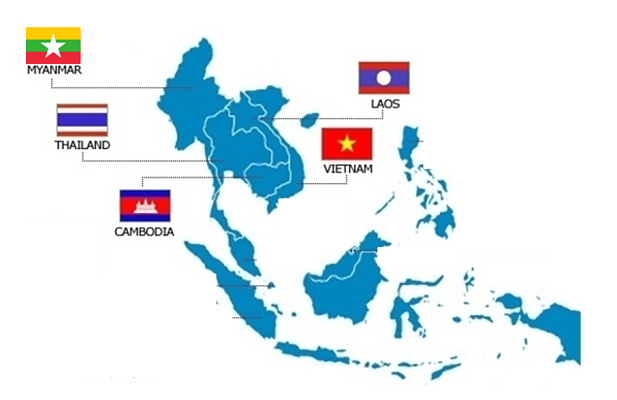
We believe that the development and delivery of this curriculum will be the basis for a sustainable and effective CLE movement. The goal is to equip future lawyers with the ability to uphold the reputation and standards of the legal profession, the skills required to address day-to-day professional ethical issues and the capacity to conduct themselves as competent legal practitioners.
As a project coordinator, I coordinate the design and delivery of training workshops throughout the region. I also work with university partners in Asia and help them roll out the curriculum in their universities.
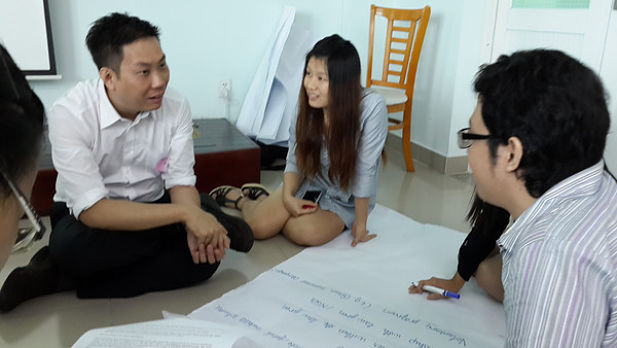
Since July 2013, this project has run several “testing” workshops to refine the course content and lesson plans. Over 400 people have participated in the workshops, including the lecturers, students, and lawyers.
As a result of the introductory training workshops, the University of Economics and Law in Vietnam initiated a legal ethics course and used chapters from our project’s CLE manual. And in October 2014, Yangon University and Mandalay University in Myanmar implemented a legal ethics course as a mandatory course.
Moving forward, I am planning future training workshops in the region to train law lecturers on our methodology and curriculum. I am also pursuing opportunities to present this project at conferences. I am motivated by the knowledge that these are important tasks as we continue to strengthen the foundation of legal ethics, pro bono, access to justice and professional responsibility for the next generation of lawyers.
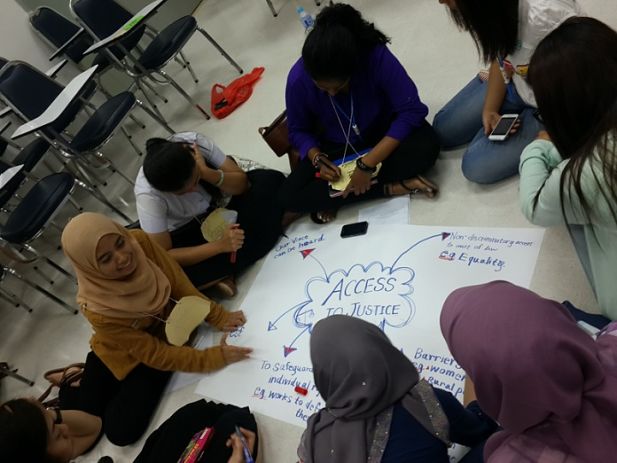
Supporting Pro Bono and Legal Ethics in Southeast Asia
